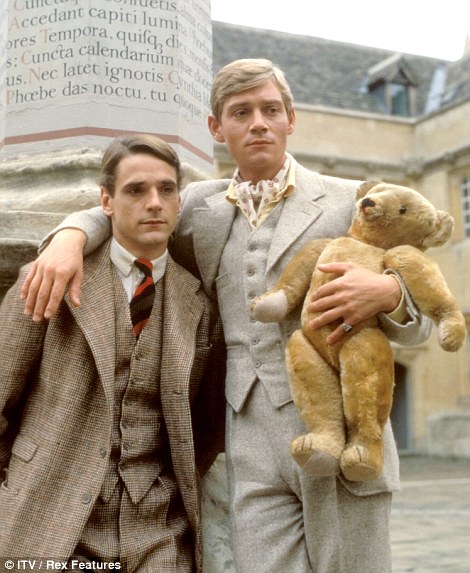On Writing A January Tale
I have nearly finished the typed draft of a new story, despite having been struck down and delayed with flu. I won't be able to show it to you for some time as I shall first seek some organ or other in which to publish it. If no one wants it, it will go on my website.Outline
It tells the story of two friends who have long been estranged but who are seeking to rebuild their relationship, not really knowing how. The only thing they know is alcohol and the old habits through which they first became close, including a drinking game in which as students they used to compete to show their superior knowledge of literature. The game has many expressions, but in this case it involves naming the most iconic moments in literature. Before long, they begin naming moments that the other friend thinks is a loaded suggestion, and this soon becomes deliberate in a sequence of strike and counter-strike. So they launch their coded broadsides at each other through these proxy references, not knowing if they are killing something long sick, or else purging the body of its poison.Origins
I have written before about friendship, especially male, and the idea has weighed on my mind since. After receiving recommendations from colleagues, including At Swim, Two Boys and The Body, I went for a long, late evening walk, as is my wont, wracking my mind. Eventually, as I was coming back to my flat, seemingly empty-headed, the idea of two chaps standing outside under the porch together coalesced with all the old stories I had been raking over as well as with the ideas about loneliness and distance that I had thought about for the recent blog post.
Development
The story clearly had legs. Firstly, it seemed to touch upon miscommunication, particularly of the male type, with which I am intimately familiar. There's that reluctance between men to open up and discuss anything, especially if it needs discussing, without the assistance of alcohol. It also touched upon that root of so much manipulation as well as miscommunication: the ability to pour your own meaning into something wide open to interpretation.
But it also offered a glimpse into what often brings men together in the first place, that of the shared endeavour or activity. Such a preposterous little game would seem odd to a casual observer, but like any game, it has rivalry, frisson and, above all, something in common. Being particular to a small group, or a pair, would only recommend it to them even more as something unique, their own little world.
It is part of the question of the story: will it be enough? It might have been when they were under-ripe undergraduates, but much has passed since then. It is part of my own experience to find the things that as a student I thought were the most important things in the world don't really matter any more, and the games we played have been locked away with all our other toys. There's also a part of me, a very big part (some might suggest the greater part) that is still more boy than man, even if I do have a mortgage now. Reviving an old game like this might be desperate, and it might be too late; it might also work.
This game, and all else that such men might have in common, opens up an opportunity to explore something else I have long been thinking about, which is a kind of negative capability, the author putting things out of view, making something that is visible to the reader or audience still mysterious and private between the characters. (I shall write more extensively on this idea later.) When both characters speak through proxy references, they hint at things which we can, at best, only partially understand, either because we have insight already, or else because we know the content of the literary references. Yet we can't know, unless I reveal to us, quite what these references mean to each man, or why one would be conciliatory and another be provoking.
Next steps
The foul hand manuscript all done, the typescripts half done, and the leg-work in finding a place to send it not yet done, and the waiting that follows not nearly begun, it will be a while before anyone sees it. Most organs take three months, sometimes as much as six, to ignore you and not reply, so you have to keep close watch on all your submissions. None has yet accepted one of my submissions so I hold no great hope. But that can always change.

